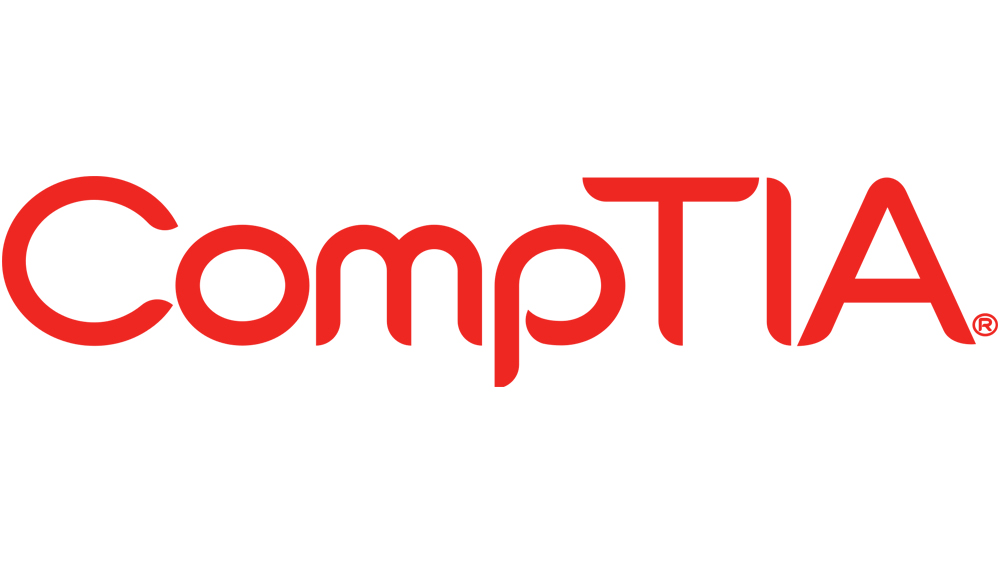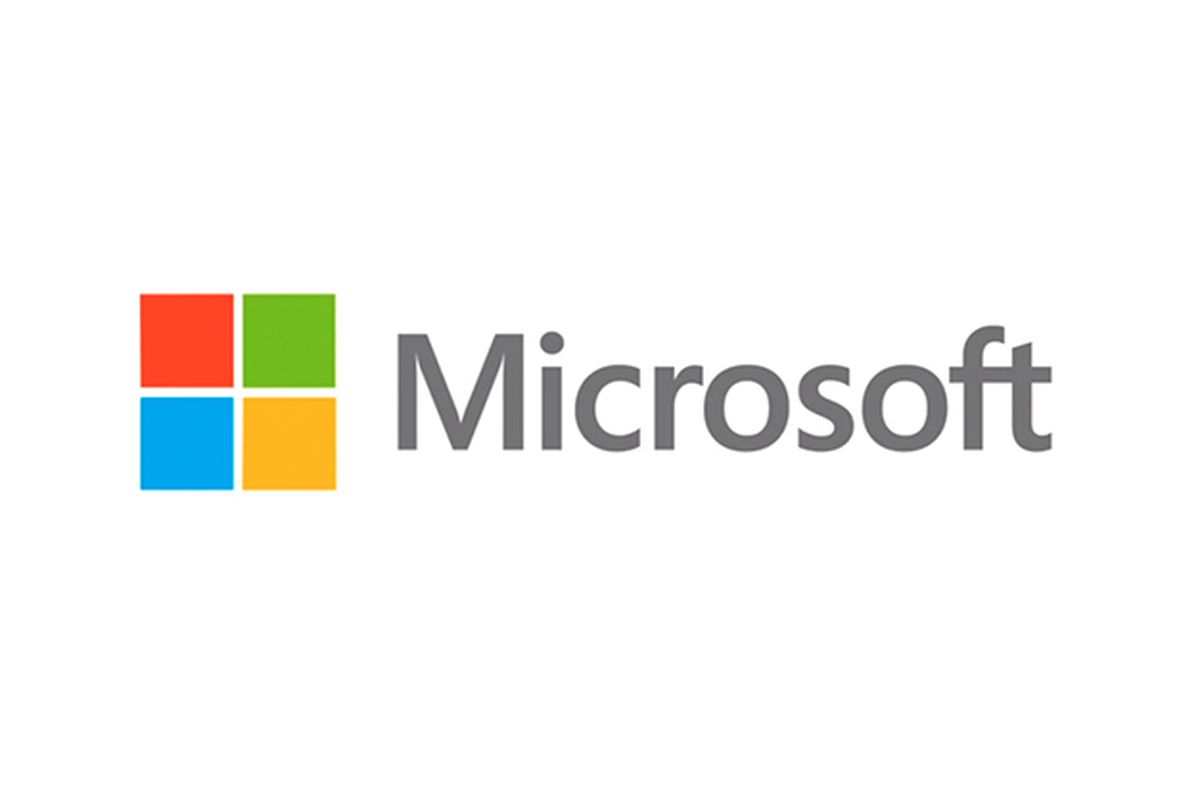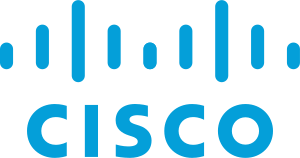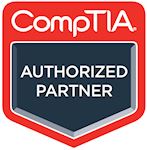IT : IT Courses in IT
Professional and Accredited Courses | Exams | Practical Experience | CV Review
IT Certify
Summary
**Limited Special offer ends 30th April 2024**
Was £1951, Now only £799.00
8 x monthly...
- Exam(s) / assessment(s) is included in price
- Tutor is available to students
Add to basket or enquire
Overview
Get a job in IT with all of the below included from IT Certify a CompTIA Award Winning Partner:
1. Skills from accredited and professional courses
2. Official globally recognised exams
3. Unlimited Mock Tests to ensure you can pass the exams
3. Real world practical experience
5. Double Support with an Account Manager and Mock Test Teacher
6. Double Career Support with a brand new CV and Reference
7. Graduate from our Programme and begin your IT career with our 98% success rate
Certifications
CompTIA A+
CompTIA Network+
CompTIA Security+
CompTIA IT Fundamentals Certification
Cisco CCNA Collaboration Certification
Course media
Description
IT : IT
Some of the skills you will learn with this IT Support Technician Job Programme:
Windows 7 and 10
Installing, Configuring and Migrating Windows 7 and Windows 10 IT Operating Systems
End User
Complete user management with finding users, unlocking accounts, resetting passwords and being a clear communicator with solutions in IT
Printers and Mobile Devices
Configuring and managing issues with Printers and Mobile Devices, such as connection issues, updates and being able to be the first point of contact for IT troubleshooting
Security
Implementing and maintaining Network Security issues, Standard and Protocols in IT.
Privacy and Policy
Comprehensive understanding of Privacy issues and Policies essential in every IT organisation
We are firm believers in one of the quickest ways to learn is to put into practice what you have just learnt in IT. A Live Lab allows you to mistakes and learn from them and break things and fix them.
Apply for IT jobs in as little as 8 - 12 weeks with this IT Support Practical Experience programme
Employers want:
A smart CV
Practical Experience
Qualifications
This is why so many of our students that complete the Practical Experience Programme with us go on to get their first job in IT
CompTIA A+ Core 1 220-1101 - Full Module Outline
1.0 – Mobile Devices
IT : IT • What are we covering?
IT : IT • 1.1 Given a scenario, install and configure laptop hardware and components
IT : IT • 1.2 Given a scenario, install components within the display of a laptop
IT : IT • 1.3 Given a scenario, use appropriate laptop features
IT : IT • 1.4 Compare and contrast characteristics of various types of other mobile
devices
IT : IT • 1.5 Given a scenario, connect and configure accessories and ports of other
mobile devices
IT : IT • 1.6 Given a scenario, configure basic mobile device network connectivity and
application support
IT : IT • 1.7 Given a scenario, use methods to perform mobile device synchronization
2.0 Networking
IT : IT • What are we covering?
IT : IT • 2.1 Compare and contrast TCP and UDP ports, protocols and their purpose
IT : IT • 2.2 Compare and contrast common networking hardware devices
IT : IT • 2.3 Given a scenario, install and configure a basic wired/wireless SOHO
network
IT : IT • 2.4 Compare and contrast wireless networking protocols
IT : IT • 2.5 Summarize the properties and purposes of services provided by
networked hosts
IT : IT • 2.6 Explain common network configuration concepts
IT : IT • 2.7 Compare and contrast internet connection types, network types and their
features
IT : IT • 2.8 Given a scenario, use appropriate networking tools
3.0 Hardware
IT : IT • What are we covering?
IT : IT • 3.1 Explain basic cable types, features and their purposes
IT : IT • 3.2 Identify common connector types
IT : IT • 3.3 Given a scenario, install RAM types
IT : IT • 3.4 Given a scenario, select, install and configure storage devices
IT : IT • 3.5 Given a scenario, install and configure motherboards, CPUs and add-on
cards
IT : IT • 3.6 Explain the purposes and uses of various peripheral types
IT : IT • 3.7 Summarize power supply types and features
IT : IT • 3.8 Given a scenario, select and configure appropriate components for a
custom PC configuration to meet customer specifications/needs
IT : IT • 3.9 Given a scenario, install and configure common devices
IT : IT • 3.10 Given a scenario, configure SOHO multifunction devices/printers and
settings
IT : IT • 3.11 Given a scenario, install and maintain various print technologies
4.0 Virtualization and Cloud Computing
IT : IT • 4.1 Compare and contrast cloud computing concepts
IT : IT • 4.2 Given a scenario, set up and configure client-side virtualization
5.0 Hardware and Network Troubleshooting
IT : IT • What are we covering?
IT : IT • 5.1 Given a scenario, use the best practice methodology to resolve problems
IT : IT • 5.2 Given a scenario, troubleshoot problems related to motherboards, RAM,
CPUs and power
IT : IT• 5.3 Given a scenario, troubleshoot hard drives and RAID arrays
IT : IT• 5.4 Given a scenario, troubleshoot video, projector and display issues
IT : IT• 5.5 Given a scenario, troubleshoot common mobile device issues while
adhering to the appropriate procedures
IT : IT• 5.6 Given a scenario, troubleshoot printers
IT : IT• 5.7 Given a scenario, troubleshoot common wires and wireless network
problems
CompTIA A+ Core 2 220-1102 - Full Module Outline
Module 1 – Operation Systems
IT : IT • Compare and contrast common operating system types and their purposes
IT : IT • Compare and contrast features of Microsoft Windows versions
IT : IT • Summarize general OS installation considerations and upgrade methods
IT : IT • Given a scenario, use appropriate Microsoft command line tools
IT : IT • Given a scenario, use Microsoft operating system features and tools
IT : IT • Given a scenario, use Microsoft Windows Control Panel utilities
IT : IT • Summarize application installation and configuration concepts
IT : IT • Given a scenario, configure Microsoft Windows networking on a client/desktop
IT : IT • Given a scenario, use features and tools of the Mac OS and Linux client/desktop operating systems
Module 2 – Security
IT : IT • Summarize the importance of physical security measures
IT : IT • Explain logical security concepts
IT : IT • Compare and contrast wireless security protocols and authentication methods
IT : IT • Given a scenario, detect, remove, and prevent malware using appropriate tools and methods
IT : IT • Compare and contrast social engineering, threats, and vulnerabilities
IT : IT • Compare and contrast the differences of basic Microsoft Windows OS security settings
IT : IT • Given a scenario, implement security best practices to secure a workstation
IT : IT • Given a scenario, implement methods for securing mobile devices
IT : IT • Given a scenario, implement appropriate data destruction and disposal methods
IT : IT • Given a scenario, configure security on SOHO wireless and wired networks
Module 3 – Software Troubleshooting
IT : IT • Given a scenario, troubleshoot Microsoft Windows OS problems
IT : IT • Given a scenario, troubleshoot and resolve PC security issues
IT : IT • Given a scenario, use best practice procedures for malware removal
IT : IT • Given a scenario, troubleshoot mobile OS and application issues
IT : IT • Given a scenario, troubleshoot mobile OS and application security issues
Module 4 – Operational Procedures
IT : IT • Compare and contrast best practices associated with types of documentation
IT : IT • Given a scenario, implement basic change management best practices
IT : IT • Given a scenario, implement basic disaster prevention and recovery methods
IT : IT • Explain common safety procedures • Explain environmental impacts and appropriate controls
IT : IT • Explain the processes for addressing prohibited content/activity, and privacy, licensing, and
policy concepts
IT : IT • Given a scenario, use proper communication techniques and professionalism
IT : IT • Identify the basics of scripting • Given a scenario, use remote access technologies
Who is this course for?
IT : IT
Anyone with an interest in a career in IT
Requirements
IT : IT
No age limits and no experience needed in IT
Career path
IT : IT
Just some of the IT jobs you can move into when you pass the programme
1st Line Support Technician
IT Technician
IT Support Engineer
IT Support
Desktop Support Technician
Service Desk Administrator
Computer Support Administrator
IT Support Technician
Questions and answers
Reviews
Currently there are no reviews for this course. Be the first to leave a review.
Legal information
This course is advertised on reed.co.uk by the Course Provider, whose terms and conditions apply. Purchases are made directly from the Course Provider, and as such, content and materials are supplied by the Course Provider directly. Reed is acting as agent and not reseller in relation to this course. Reed's only responsibility is to facilitate your payment for the course. It is your responsibility to review and agree to the Course Provider's terms and conditions and satisfy yourself as to the suitability of the course you intend to purchase. Reed will not have any responsibility for the content of the course and/or associated materials.







